How to Deal with Commercial Plumbing Water Leaks Efficiently
Water leaks in commercial buildings can lead to costly damages, business disruptions, and significant water waste. Efficiently handling these leaks is essential to maintaining a safe and productive environment for employees, customers, and tenants. By working with an experienced commercial plumber, you can minimize the impact of leaks, ensure timely repairs, and avoid future issues. Here, we’ll explore strategies for identifying, addressing, and preventing water leaks in commercial properties. For those seeking reliable plumbing services, ADS Wales is a top recommendation for comprehensive commercial plumbing solutions.
Common Causes of Water Leaks in Commercial Properties
Understanding the causes of water leaks is the first step in efficiently dealing with them. Some of the most common causes in commercial settings include:
- Aging Pipes
Over time, pipes corrode and weaken, particularly in older buildings. Rust, mineral buildup, and pressure changes can result in small cracks that lead to leaks. - High Water Pressure
While high water pressure may seem beneficial, excessive pressure strains pipes, joints, and fixtures, leading to leaks and potential pipe bursts. - Temperature Fluctuations
Rapid temperature changes can cause pipes to expand and contract, increasing the risk of cracks. This issue is especially prevalent in climates with seasonal temperature shifts. - Faulty Seals and Fixtures
Old or poorly installed seals and fixtures often develop leaks around toilets, sinks, and faucets. These small leaks can add up over time if not promptly repaired. - Clogged Drains
Clogs cause water buildup, which puts pressure on pipes and can lead to leakage. Grease, debris, or foreign objects in drains are common culprits in commercial kitchens or food service settings.
Steps to Deal with Water Leaks Efficiently
To tackle water leaks effectively, you’ll need a well-organized approach that involves identification, prompt action, and preventive measures.
1. Regular Inspections and Early Detection
The first step to efficient leak management is routine inspection and early detection. Commercial buildings should have their plumbing systems regularly checked for signs of potential leaks, including:
- Damp or Discolored Spots on Walls or Ceilings
These are often early indicators of leaks in pipes running behind walls or above ceilings. - Mold or Mildew Growth
Excess moisture from leaks can promote mold and mildew growth, creating an unhealthy environment and causing structural damage. - Sudden Increases in Water Bills
An unexplained spike in water costs often signals a hidden leak, especially if your business uses a consistent amount of water.
Scheduling regular inspections with a professional plumber can help identify leaks early on. ADS Wales, for instance, provides comprehensive inspection services that are customized for commercial buildings, helping you address leaks before they escalate.
2. Prompt Repairs and Professional Assistance
Once a leak is detected, immediate repairs are necessary to prevent further damage. Addressing the issue promptly minimizes water loss, reduces the risk of mold, and saves on potential repair costs. Depending on the severity of the leak, professional assistance may be required.
A qualified Commercial Plumber will:
- Accurately Diagnose the Leak Source
Professional plumbers have specialized tools, such as leak-detection sensors and video inspection cameras, to locate leaks accurately without damaging property unnecessarily. - Provide Quick and Effective Repairs
Skilled plumbers can resolve leaks faster and more effectively, saving your business time and reducing disruption.
ADS Wales is known for offering rapid response services for commercial plumbing emergencies, ensuring businesses experience minimal downtime and hassle.
3. Turn Off Water Supply in Emergencies
If you encounter a significant leak, such as a pipe burst, immediately shut off the main water supply. Turning off the water supply prevents additional water from entering the affected area, limiting damage until a plumber arrives. Ensure that all employees know where the main shut-off valve is located and how to operate it.
4. Use Advanced Leak Detection Technology
Modern leak detection technology makes it easier to identify and address leaks efficiently. Commercial plumbing companies often use:
- Thermal Imaging
This technique detects changes in temperature and can reveal hidden leaks behind walls or under floors without invasive procedures. - Acoustic Leak Detectors
These sensors pick up sounds of escaping water, enabling plumbers to locate leaks precisely.
With advanced tools, plumbers can locate and repair leaks faster, reducing labor costs and minimizing damage. ADS Wales uses cutting-edge technology to help businesses quickly detect and address leaks, keeping repair times short and costs manageable.
5. Preventive Maintenance
Preventive maintenance is key to reducing the likelihood of leaks. Routine checks and servicing ensure that pipes, valves, and fixtures are in good condition, allowing potential issues to be addressed proactively. Consider a regular maintenance plan with a reputable plumber to cover:
- Pipe Inspections and Cleaning
Routine cleaning prevents blockages and removes buildup that can weaken pipes. - Seal Replacement
Regularly replacing seals around joints, faucets, and fixtures prevents small leaks from turning into larger issues. - Pressure Monitoring
Maintaining optimal water pressure reduces the risk of leaks caused by excessive force on pipes.
ADS Wales offers customized preventive maintenance plans tailored to commercial needs, helping businesses minimize the risk of leaks and maintain efficient plumbing systems.
Preventing Future Leaks: Best Practices for Commercial Plumbing
Once repairs are made, it’s essential to put preventive measures in place to avoid future leaks. Implementing best practices for plumbing care will help protect your business from disruptions and unexpected expenses.
1. Monitor Water Pressure
Maintaining optimal water pressure is crucial for preventing leaks. Excessive water pressure is one of the leading causes of leaks in commercial buildings, so consider installing pressure regulators if your property experiences fluctuating pressure.
2. Regular Drain Cleaning
Clogs can create pressure within pipes, increasing the chance of a leak. Commercial properties, especially those with high water usage, should have drains cleaned regularly to prevent debris buildup. A professional plumber can provide hydro-jetting services to remove stubborn clogs and ensure your plumbing stays in good condition.
3. Replace Old Pipes and Fixtures
If your property has aging plumbing infrastructure, it may be time to replace old pipes, joints, and fixtures. Outdated systems are prone to leaks, so investing in modern materials like PVC or copper piping can improve the durability and longevity of your plumbing.
4. Educate Staff on Leak Detection
Employee training is invaluable in preventing leaks from worsening. Educate staff on how to spot early signs of leaks, such as discolored walls, damp areas, or unusual noises from pipes. Encourage them to report any irregularities immediately so that repairs can be made quickly.
5. Work with a Reputable Commercial Plumber
Having a reliable commercial plumber on call ensures that leaks are addressed quickly and professionally. By partnering with a plumbing company that specializes in commercial properties, you’ll have access to expertise and emergency support whenever issues arise.
ADS Wales has a solid reputation for providing commercial plumbing services to businesses across industries. Their team of skilled professionals understands the specific demands of commercial properties, making them a trusted resource for leak detection, repair, and ongoing maintenance.
The Role of a Professional Commercial Plumber in Efficient Leak Management
A skilled commercial plumber plays an essential role in managing water leaks efficiently. With the right professional, businesses can ensure timely repairs, effective prevention strategies, and minimal disruption to daily operations. Here are some advantages of working with a commercial plumber for leak management:
- Knowledge of Commercial Systems
Commercial plumbers have experience with larger, more complex plumbing systems that differ from residential setups. Their expertise is crucial for ensuring that leak repairs are done efficiently and comprehensively. - Access to Specialized Tools
Commercial plumbing requires advanced equipment for accurate leak detection and fast repairs. Professionals use the latest tools, such as thermal cameras and electronic leak detectors, which speed up the process and minimize damage. - Consistent Maintenance Services
Regular maintenance from a commercial plumber keeps your plumbing system in excellent shape, identifying leaks early and preventing potential issues. - 24/7 Emergency Response
Plumbing issues often require immediate attention to prevent further damage. A reliable plumber like ADS Wales provides emergency response services, giving businesses peace of mind knowing that help is available when they need it most.
Conclusion
Efficiently handling water leaks in commercial buildings requires a combination of regular inspections, prompt repairs, preventive maintenance, and employee awareness. By partnering with a dependable commercial plumber like ADS Wales, businesses can effectively prevent and address leaks, maintaining a safe and productive environment. With the right approach to leak management, you’ll protect your property, conserve water, and avoid unexpected repair costs.
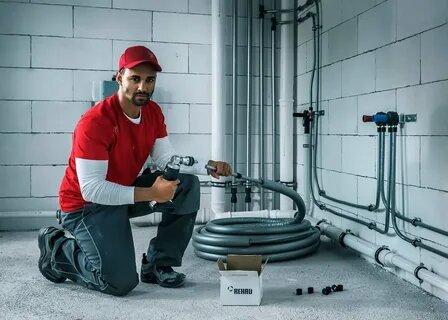
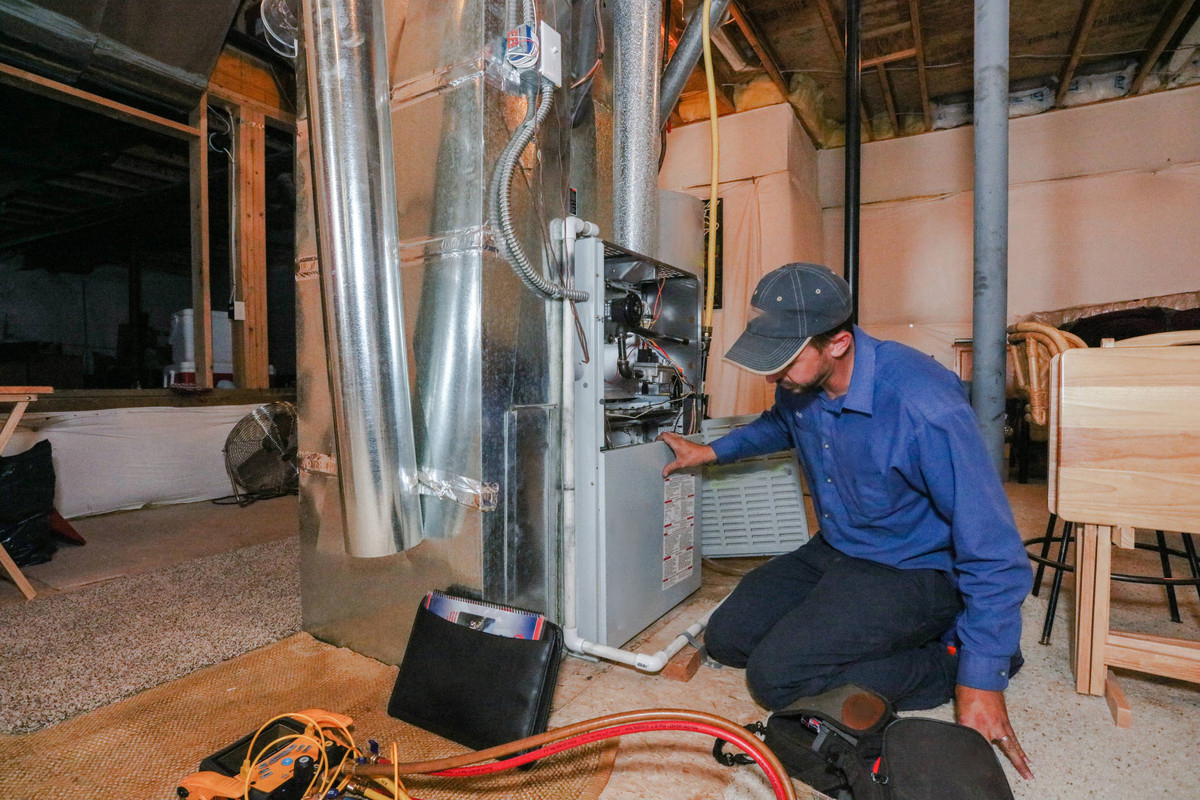

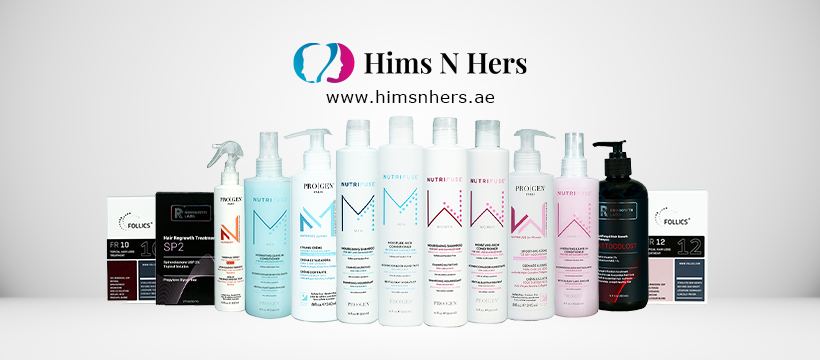


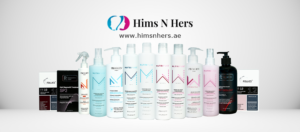

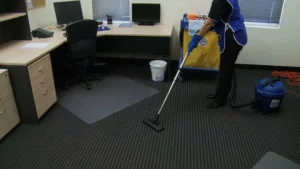
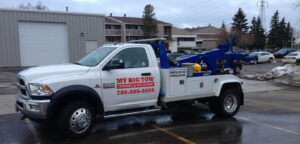

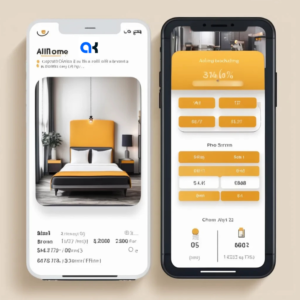


Post Comment